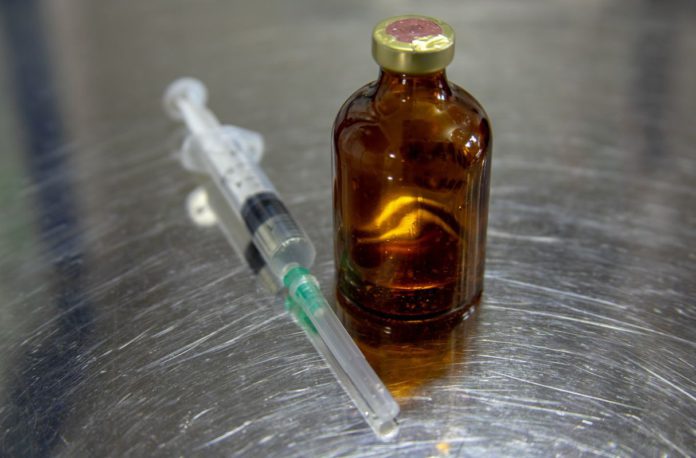Obligations and necessities around climate change, climate adaptation and climate mitigation may profoundly impact the nature of the veterinary profession.
That is what Dr. Ellen Hegarty MVB MSc – author of a report entitled vetting the professions for a climate-changing world – told attendees of Veterinary Ireland’s AGM last week (Friday, November 25th, 2022).
She completed an assessment of the attitudes and perceptions of the Irish veterinary professions to climate change and the supports they require to take a proactive role in climate change mitigation and adaptation (September 2021).
She explained that veterinary professions impact, and will be impacted by, the changing climate through their fundamental relationship with food-animal agriculture, companion animal care and the operation of clinics and hospitals.
Dr Hegarty told attendees that climate change will impact animal health, welfare, disease, housing, and nutrition.
Agricultural emissions, the ecological pawprint of pets and the environmental impacts of running clinics and hospitals all contribute to the ecological footprint of the veterinary professions, she added.
Study findings:
The study found that the Irish veterinary professions:
- Want to take a proactive role in the climate-changing future that they face;
- Feel anxiety about climate change;
- Are profoundly lacking in veterinary-relevant climate or environmental education;
- Want veterinary-relevant climate change education (CCE) and broader environmental stewardship education;
- Would welcome, and are seeking, guidance, supports, resources, and leadership from the relevant stakeholders;
- Believe in their own personal efficacy to make a positive difference;
- Believe that they have a number of roles to play in meeting the challenges ahead for humans, animals and the environment.
Action
This report recommends action and leadership at every level of the profession.
It is in favour of veterinary-relevant climate and environmental education for undergraduates and graduates.
Moreover, it requires that professional and regulatory bodies act, enable and influence the veterinary professions to adapt to and mitigate climate change.
She told the conference: “They must step forward and take a proactive leadership role and provide education, guidance, policy, and regulation”.
She commented: “Change is coming to the veterinary professions; our changing climate will ensure that.”
“As veterinary professionals, we can choose to have agency over these changes by taking a proactive stance through education, guidance, policy-creation, professional incentives and regulations, or we can stand by watching and waiting to see what our climate-changing future has in store.”
The report comprised a review of the relevant literature and a survey of the professions.
Survey
This study surveyed the Irish veterinary professions – veterinary practitioners, veterinary nurses, veterinary students and veterinary nurse students.
It explored their perceptions and opinions around climate change and the supports and resources available to them.
Other news articles on That’s Farming:





